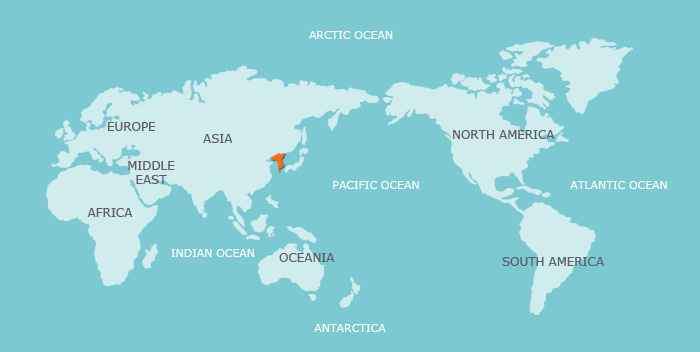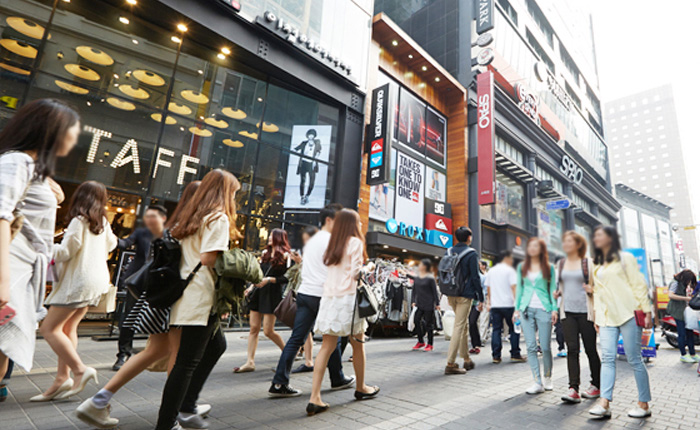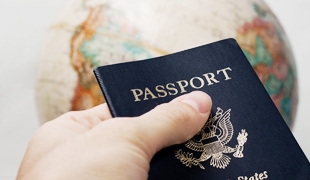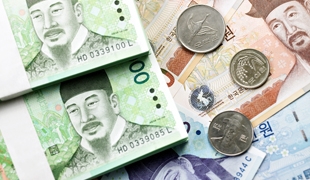General Info
About Korea
- Geography & Location
The Republic of Korea (herein after Korea) is a country visited by more than ten million international travelers every year. With its long history in culture and tradition, the country has a lot to offer to travelers. Continue reading to learn general information about Korea before visiting.
Where is Korea?

The Korean peninsula is located in Northeast Asia. It is surrounded by the ocean on three sides, making it a unique geographical location. With Seoul as its capital city, the landsite is roughly 1,030 km (612 miles) long and 175 km (105 miles) wide at its narrowest point. Korea's total land area is 100,033 square km, neighboring Japan to the east, China to the west, and sharing a northern border with Democratic People's Republic of Korea (North Korea).
- Population of Korea

The total population of Korea is approximately 51,634,618 (July 2016 data) with most of them residing in the Seoul metropolitan area. Outside of Seoul, other large and economically advanced cities such as Busan, Incheon, Daegu, Daejeon, Gwangju and Ulsan also have higher population densities than other cities in Korea.
About Seoul
Seoul has been the capital city of Korea for the past 600 years. The city of Seoul, which hosted the 1988 Seoul Olympic Games and 2002 FIFA World Cup Soccer Games, has many sight-seeing attractions and cultural events. Seoul's former role as the economic, political, and cultural heart of the "Chosun Dynasty" has now taken on international proportions.

Useful Information
Korea's climate is regarded as a continental climate from a temperate standpoint and a monsoon climate from a precipitation standpoint. The climate of Korea is characterized by four distinct seasons. Spring and autumn are rather short, summer is hot and humid, and winter is cold and dry with abundant snowfall. Temperatures differ widely from region to region within Korea, with the average being between 6 oC (43oF) and 16 oC (61oF).


|
|
|
|
|
- Time Difference / Business Hours
Korean time is 9 hours ahead of Greenwich Mean Time (GMT+9)
Business hours for banks are generally from 09:30 to 16:30 on weekdays only. Banks are closed on Saturdays, Sundays and public holidays. ATMs are widely available. Major department stores are open from 10:30 to 19:30, including Sundays, but smaller shops tend to open earlier and close later every day.
- Electricity
In Korea, electrical outlets are operated at 220 volt only. Overseas delegates bringing laptop computers and other electrical appliances are advised to check whether a transformer is required







